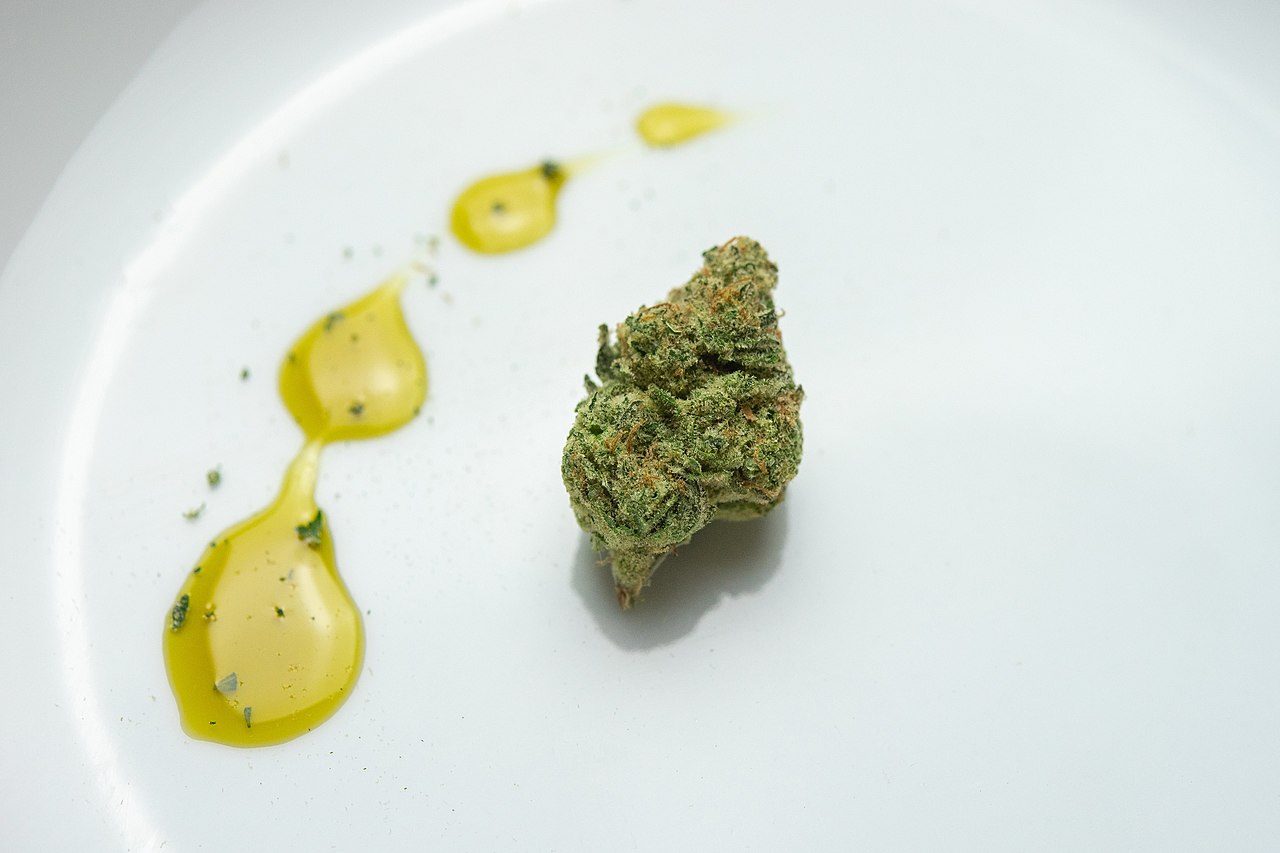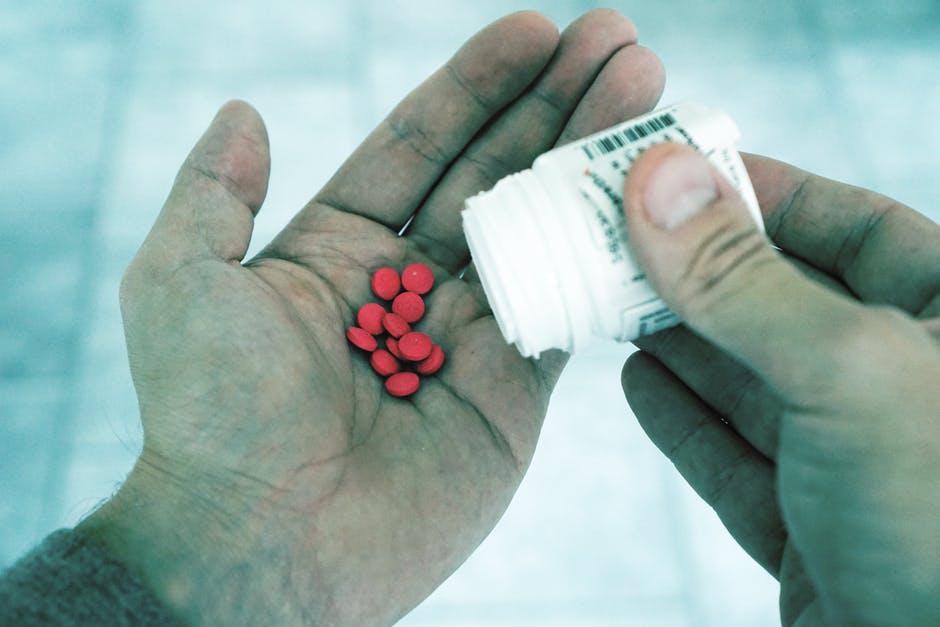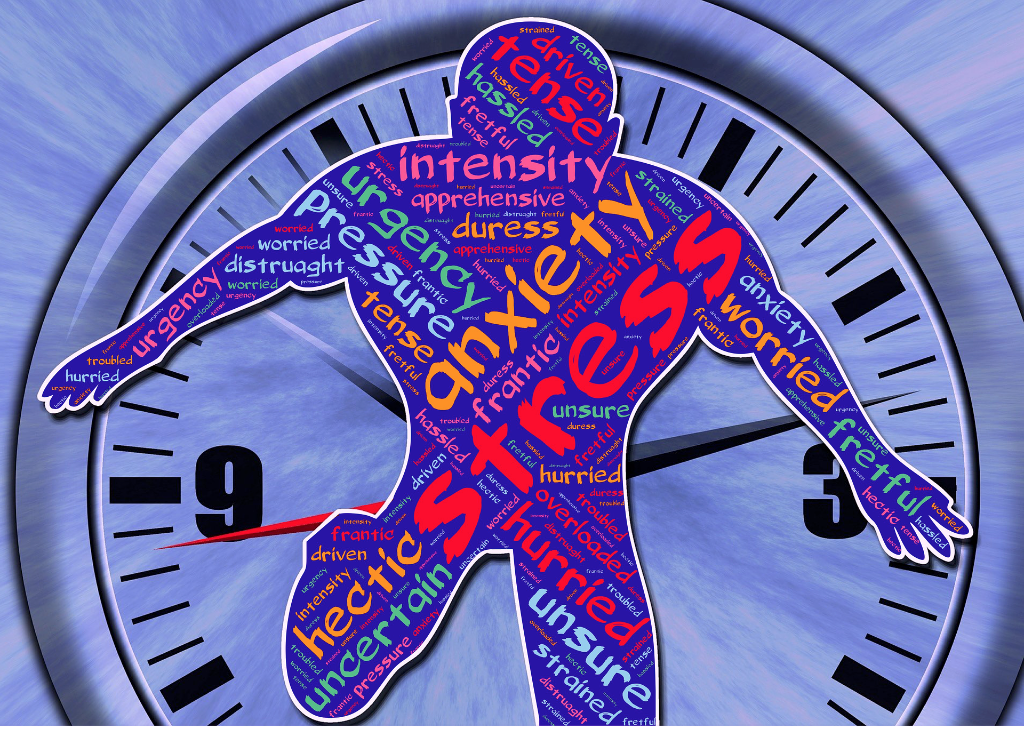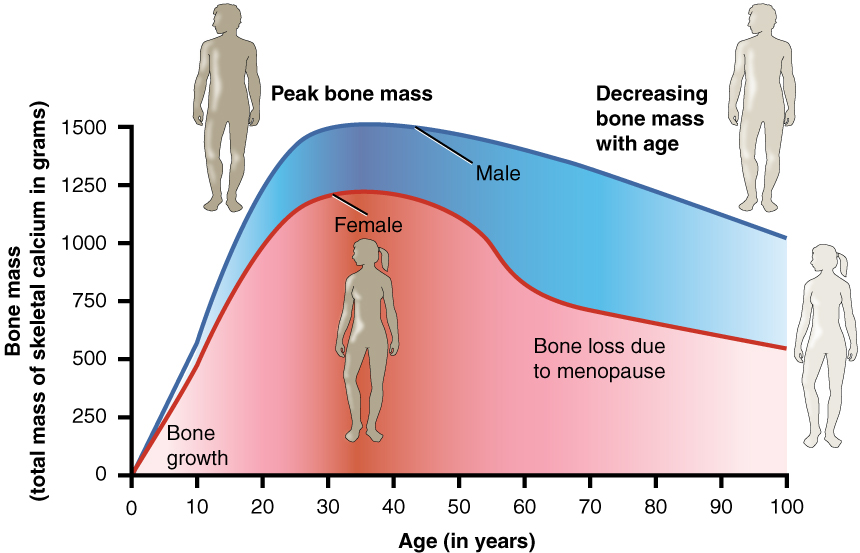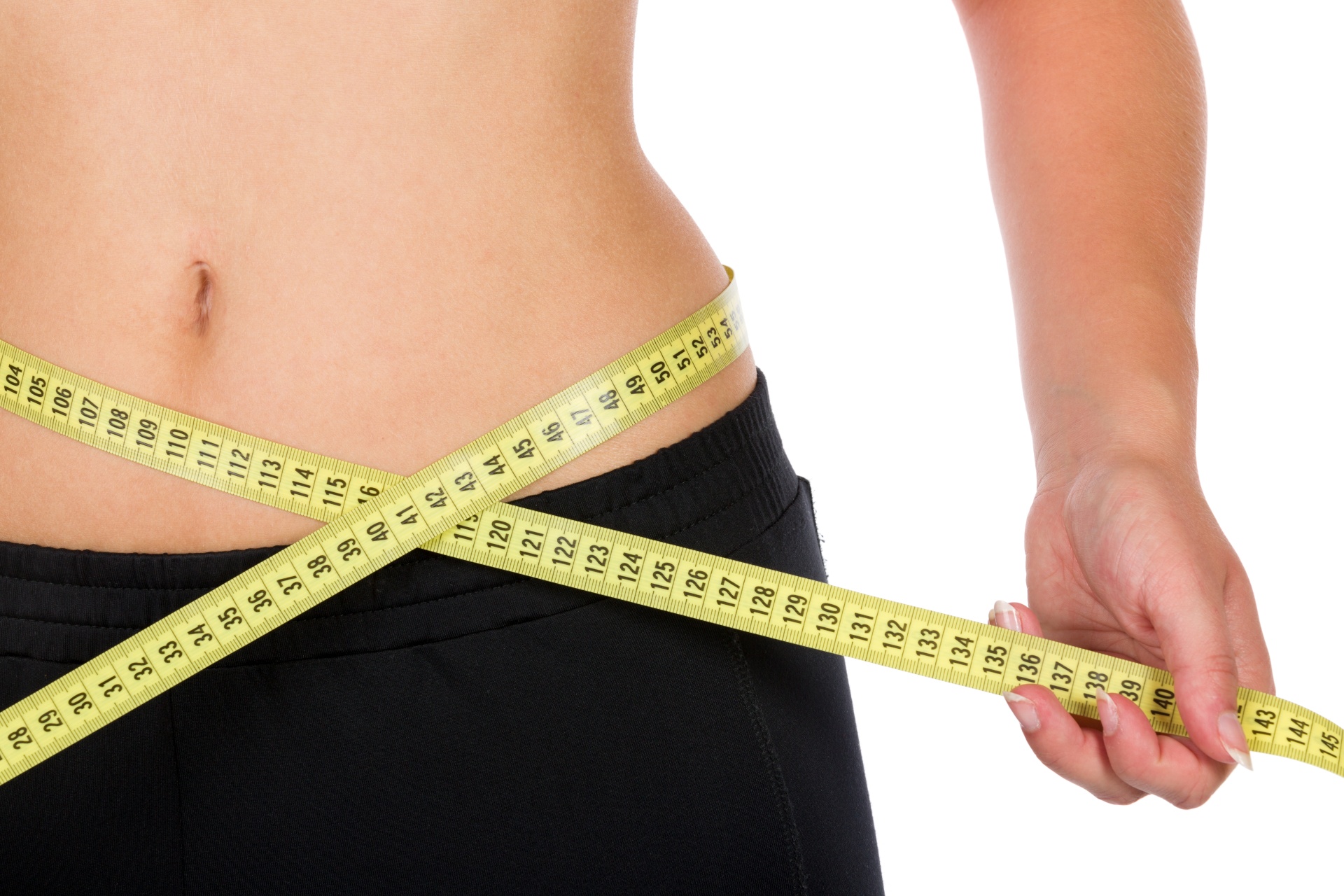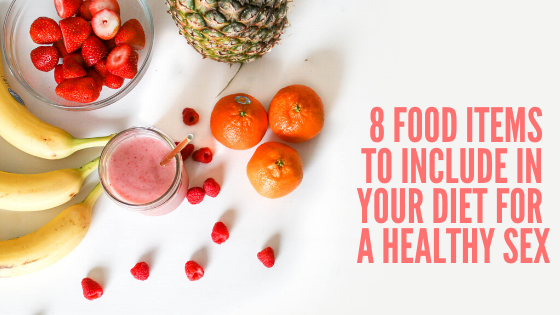
Accidents can occur to anyone, anywhere in the world with either small or big injuries. Some of these may end up breaking or tearing our muscles too. Once the muscles break, they need some time to heal and repair. But if you are an athlete, it becomes a part of your routine to experience such injuries that become a part of your life.
However, you have to be cautious of your diet while you’re in the recovery mode. If you are looking for ways to fasten the process of repairing your body muscles, you are in the right place:
- Foods enriched with fiber
When it comes to recovery, your muscles require a high amount of protein intake as a priority. But while you’re at it, you shouldn’t sideline the effectiveness of fibers in the whole process.
When you are repairing a body muscle, the calorie intake has to be on the lower side. That’s where fibers play a pivotal role. The consumption of grains generate a feeling of fullness, and it helps you to eat less without getting hungry.
Other than that, fiber-rich foods are accustomed to being productive with various nutrients which tend to help in the resurgence of muscles. They are vital to post-recovery too since they include vitamin C, magnesium, and zinc.
- Omega-3 fatty acids
A study reveals the importance of omega-3 fats, as they reduce the chances of muscle loss during the phase of immobilization.
Remember, you should limit the intake of omega-6 fats as they are capable of enhancing the inflammation quite significantly and are productive in terms of creating muscle protein.
- Protein-centric food items
Nobody can stop mentioning proteins while talking about muscles. Amino acids are responsible for building up muscle protein in our bodies. They are required to regenerate the damaged tissues in parts where injury has transpired.
Amino acids are in protein-rich food, which includes items like beef, chicken, egg, milk, yogurt, and suchlike. However, if these foods fail to give your body the required volume of proteins, you can mull over consuming unflavored protein powder. Even if you are a staunch vegetarian, there is no shortage of options. You can consider consuming nuts, beans, and seeds.
- Vitamin C
Vitamin C is vital to healing an injured muscle, because not only does it helps to minimize the inflammation, but it also proves to be lethal in the formation of collagen – a tissue of our body. To make it easier for you, we have shortlisted some primary sources to obtain vitamin C:
- Potatoes
- Tomatoes
- Spinach
- Cabbage
- Broccoli
- Bell pepper
- Vitamin A
Vitamin A works as the combat force to fight with the swelling of muscles after the injury. Experts associate it with the growth and maintenance of muscles. So, it goes without mentioning that vitamin A comes into play when an injury takes place.
Typically, orange and yellow vegetables and fruits are supposed to be productive in such cases. Eggs and fish are an excellent alternative to obtain vitamin A.
- Magnesium
Magnesium has shown its utility in various diseases. It helps our heart to function better, reduces symptoms of depression, improves quality of sleep hand much more. What’s more, is that it’s also useful when it comes to relaxing our muscles.
Our body requires a specific amount of magnesium to get in terms with calcium; otherwise, our muscles become cramped. It chiefly works as a calcium blocker; in other words, you can state that magnesium deficiency leads to muscle cramps. Muscle spasms are also known to occur due to the lack of magnesium in the human body.
Conclusion
Many elements swing into action when the muscles are in the recovery process. We can’t control the process but sure can influence the all-important factor of diet. It does not require you to make drastic changes in your diet plan, just small changes, as explained above, will do the job quite comprehensively.
